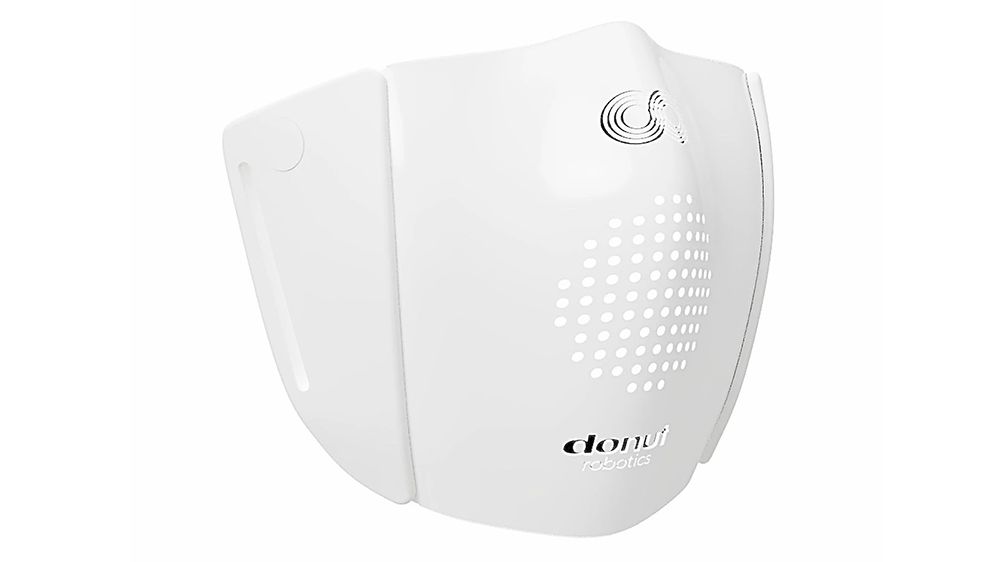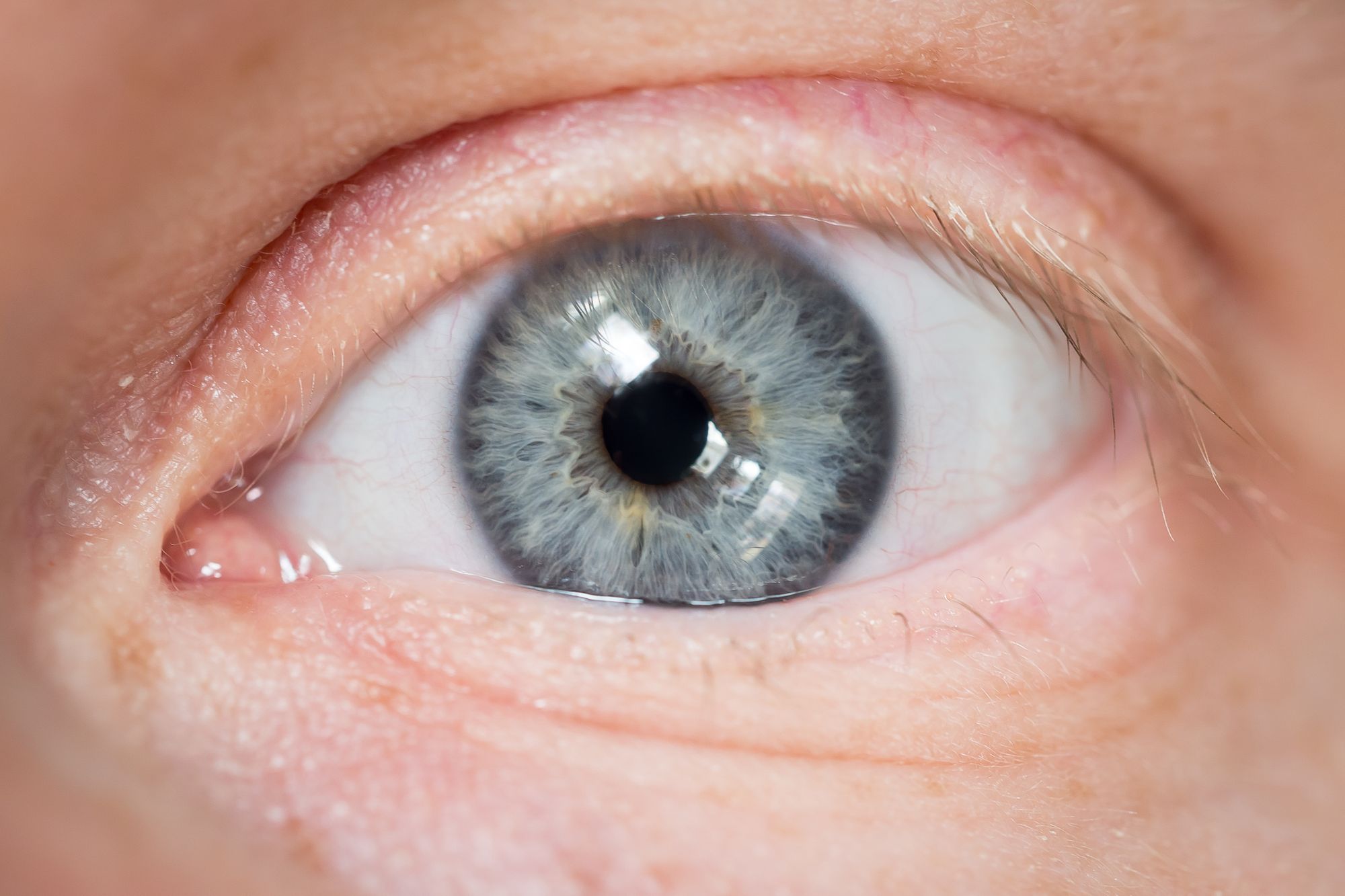❤️ Health Tech
Health Tech, or digital health, helps us understand and take control of our own health. But we also cover more traditional health news like medicines, vaccines and medical procedures.
💉 Gene treatment has changed the lives of seven boys with muscle disease
After receiving gene therapy for their muscle disease, seven out of nine boys in a study became much better.
💡 Ebola can now be cured - this is how it works
Two new treatments can treat Ebola effectively. From now on, we will no longer say that Ebola is incurable, says the person responsible for the study.
✂ Crispr gets even better at editing genes
The Crispr gene tool can be more accurate and easier to get into the cells by using a protein from a virus like scissors.
🦠 One-minute coronavirus breath test invented in Israel
You breathe into a hand-held device that within one minute tells if you have the coronavirus.
💉 First peer-reviewed trial showing that a COVID-19 vaccine produces antibodies to the virus
The race to find a vaccine against COVID-19 has taken a big step forward. the first experiment that has undergone a peer review has shown that vaccines produce antibodies against the virus.
🌟 Both headsets and glasses in focus when Apple develops its own AR products
Will Apple succeed in another product category? This time in the AR area. Both headsets and glasses are currently being developed.
😷 Face mask in nine languages
Not surprisingly, more and more advanced protective masks are emerging in the market. A fun example is this language translation innovation from Japan.
💁♀️ Toxic substances are cleaned from the brain as we sleep
A combination of lower brain activity and decreased blood flow during deep sleep creates an increased flow of spinal cord fluid in the brain - it helps clear away toxic substances.
👁 Red light improves vision
By looking at a red light in the wavelength 600 - 1000 nm for three minutes a day, age-related impairment of vision can not only be stopped but even reversed.








